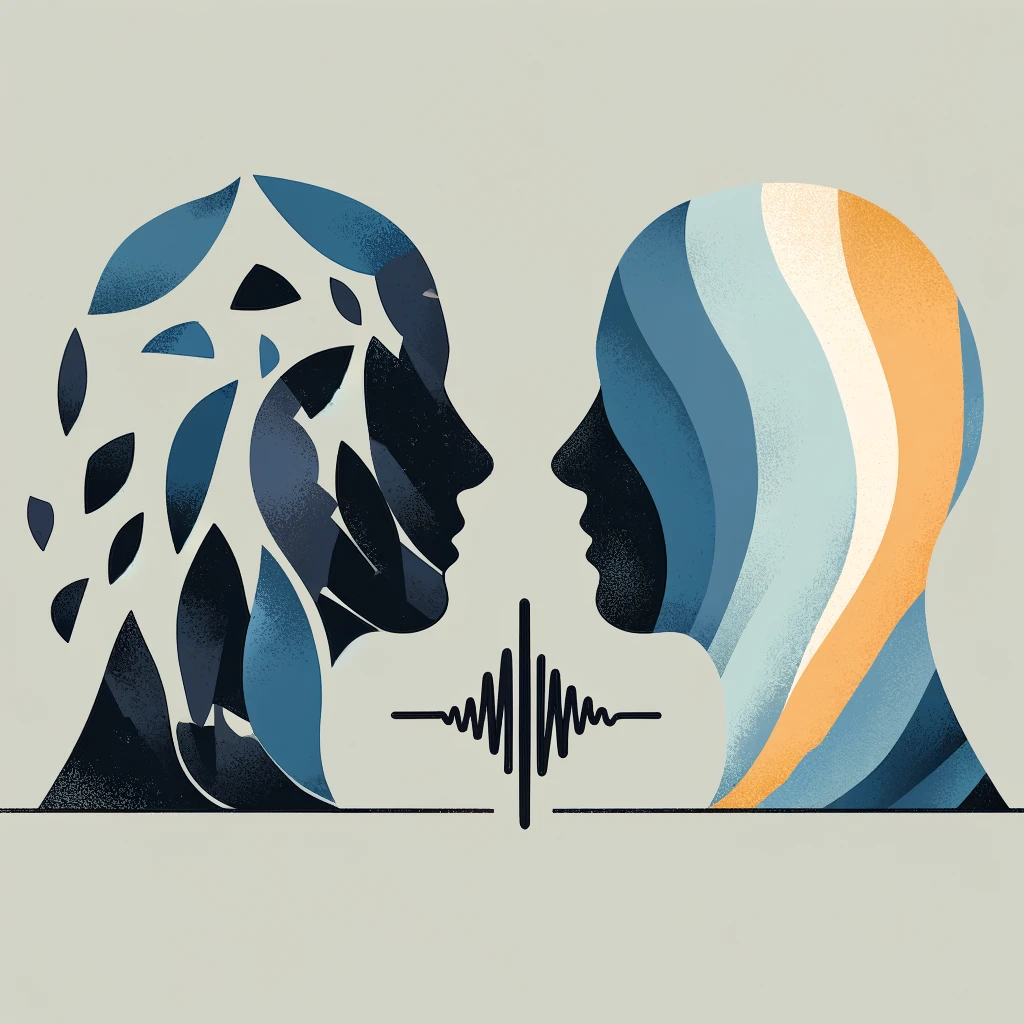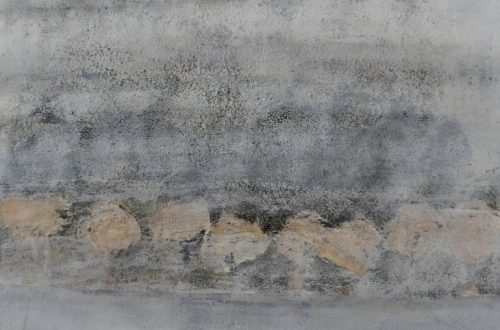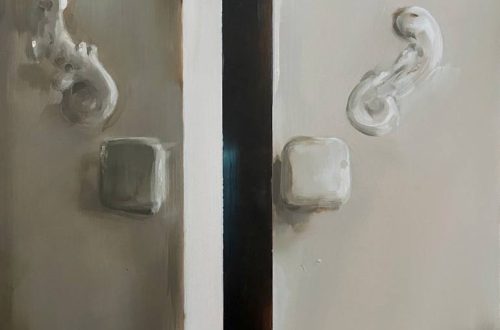
Trauma Doesn’t Follow a Linear Narrative
Trauma changed how I use and understand language.
In 2015, I gave a TED talk about my mother. Her psychiatric issues had a profound impact on my life. After my father died in 1985, her condition got worse. She passed away from cancer in 1997 when I was 29.
Trauma can happen to anyone. The worst part is that it leaves marks that can affect our lives and families, and sometimes these effects can pass down through generations.
Trauma also impacts the people around us. It can lead to sudden anger, periods when a person seems emotionally distant, or times of deep sadness.
Facing trauma when you are very young can make life harder when you grow up. It makes you question what is safe, who can be trusted, and who you can rely on.
Survive
Trauma is unbearably lonely and even intimate. Learning to deal with trauma is often literally survival. Don’t think about it, don’t look up things, don’t name names, don’t celebrate holidays. It takes a lot of energy to stay upright and carry on with life.
And yet the fear is always your companion, but also the vulnerability.
Interruptions
When I think back to my childhood, it is a time of interruptions from manipulation, fear, pain and lots and lots of lies. And every time, there were periods when I tried to start over.
These interruptions of fear, pain, and sadness characterize the story of trauma. Something interrupts it; someone interrupts it, an event, a sentence, an action. You are thrown back on yourself, and no one tells you how to deal with it.
The war is over
I lived my teenage and young adult life with chronic vigilance. But most of all, I lived with the wish that things would get better, that she would one day play the role of mother. I hid my pain with a smile and wishful thinking. Now, so many years later, you can say that I survived because of my own lie: “it will be better.”
It worked out, in a way, when she passed away. She did not undergo treatment for cancer. The sentence I said to her mother, my grandmother, says everything: ‘Grandma, the war is almost over.’ When she died, six weeks later, my grandmother said to me: “Now the war IS over.”
And yet I still don’t have the language to describe the narrative surrounding my mother. More and more, but not everything. And if there is language, it is not linear. They are fragments, flashbacks, incoherent and chaotic. Telling the story of my mom is not the solution for me either. I get disturbed by it. So I’m drawing, listening to music, looking at art. That helps me teach my body that there is no danger.
How can anyone help?
For me, it is not helpful to ask questions about the past.
The trauma is mine. History belongs to me. If I want to tell something, I tell it in my way and at my time. That’s difficult for those around me, but that’s what’s necessary for me.
I feel safe and secure in the hearts of the people who love me and don’t ask, but leave room for who I am and I am very grateful to them for that!
I experience that listening WITH me, instead of to me, helps me to bring order to the chaos and to acknowledge, experience, and accept what I feel, to be honest with myself in my narrative of my life that will never become linear when it comes to my past, often told in the third person with distance and with a business intonation and often without words because the trauma has taken me away from my words, but has also given love for language.



